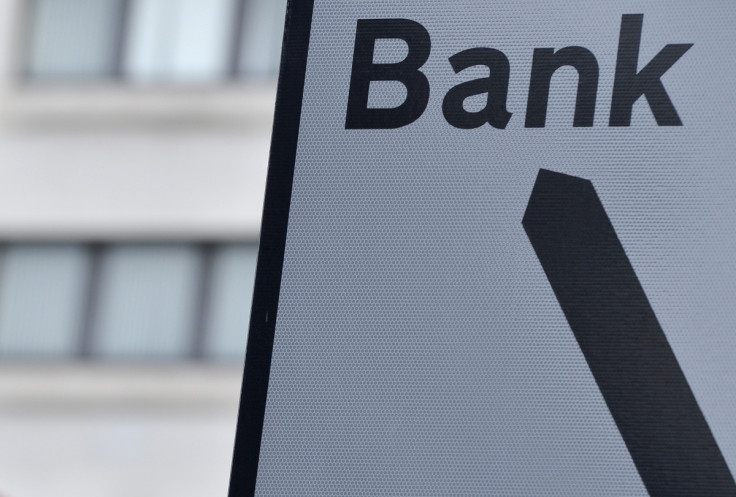Five banks under CMA Investigation for breaching UK competitive bonds law
The banks named in the recent report are Royal Bank Of Canada, HSBC, Deutsche Bank, Citi and Morgan Stanley. These banks allegedly participated in a series of one-to-one conversations in chatrooms, where they divulged sensitive information to traders.

In a major development, the Competition and Markets Authority or CMA have revealed that five banks have broken UK competition law on bonds. The banks named in the recent report are Royal Bank Of Canada, HSBC, Deutsche Bank, Citi and Morgan Stanley. These banks allegedly participated in a series of one-to-one conversations in chatrooms, where they divulged sensitive information to traders.
The events happened for an extended period of time from 2009 to 2013.
How did it happen?
As per the report, the banks exchanged information with a small group of traders involved in purchasing and selling UK government bonds. The information was shared in Bloomberg chatrooms and was categorically directed at gilt asset swaps and gilts.
Details related to the pricing of these bonds and some trading strategies were shared in those one-to-one meetings.
Bloomberg chatrooms are a powerful electronic communication tool through which people can exchange messages.
The Information Exchanged
The exchanges in the following areas are named in the report.
- Bank of England Buyback auctions of gilts
- Purchase and sale of gilts and gilt asset swaps
- The UK Debt Management Office auction of gilts on behalf of the HM Treasury.
HSBC and Deutsche were not involved in the exchange of information regarding buy-back auctions.
Why is this crucial?
Our provisional decision has found that, in the aftermath of the global financial crisis, 5 global banks broke competition law by taking part in a series of one-to-one online exchanges of competitively sensitive information on pricing and other aspects of their trading strategies on UK bonds. This could have denied taxpayers, pension savers and financial institutions the benefits of full competition for these products, including minimising borrowing costs.
This unlawful act has denied crucial trading benefits to the competitors. As a result of revealing this competitive information all parties involved are affected including the UK taxpayers, HM Treasury, the UK Debt Management Office and the pension funds.
Competitive bonds are something that forms the basis of the country's financial hub reputation on a global stage as it benefits millions of pensioners and taxpayers. Hence, these allegations are quite serious and warrant detailed investigation.
The CMA Investigation
At present, the CMA is still conducting an investigation against the banks and if found guilty of breaching competitive law and indulging in anti-competitive activity the banks could be fined. An infringement decision could also be issued against the banks.
It all started with Deutsche intimidating the CMA regarding its unlawful activity under CMA's leniency policy. Both Citi and Deutsche have appealed for leniency to the CMA. They have agreed to the charges of anti-competitive activity and are fully cooperating with CMA, pledging that they will comply with the leniency conditions.
Owing to that no fines will be levied on Deutsche and Citi Bank's fines will be discontinued. As Citi Bank has signed a settlement with CMA, they will get a discount on future imposed fines.
CMA will question representatives of all the banks in order to reach a final conclusion.
What does this mean?
CMA has underlined that these findings are provisional and it doesn't necessarily mean that the banks have breached the law. While Citi and Deutsche have admitted their misconduct, the remaining three banks – HSBC, Royal Bank of Canada and Morgan Stanley haven't agreed to any wrongdoing.
In such a scenario, it isn't conclusive enough to charge the institutions.
CMA also made it clear that the HM Treasury, the Bank Of England and the UK Debt Management Office are not being investigated. Rather the Bank of England is helping them with the investigation on behalf of the Treasury by supplying them with the requisite information.
It also underlined that Bloomberg isn't under investigation though their chatrooms have been used in the process.
As per the leniency policy of CMA, businesses part of such wrongdoings are eligible for immunity if they report such activity and help in the investigation, complying with the norms stated by CMA. In such cases, the penalties can be reduced or eliminated which is applicable to Deutsche Bank and Citi Bank in this regard.
© Copyright IBTimes 2024. All rights reserved.






